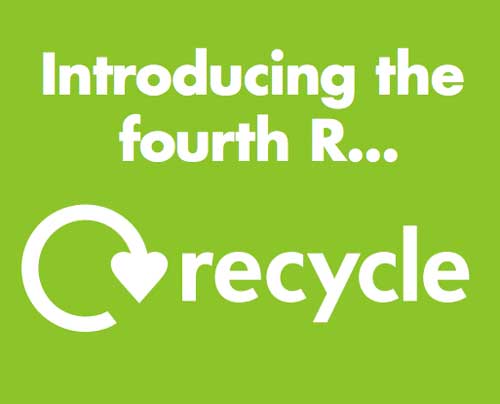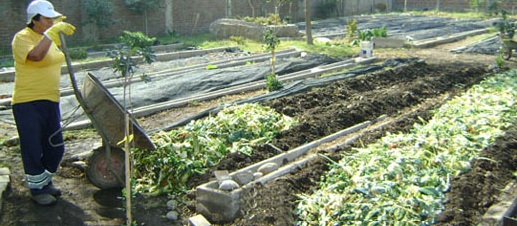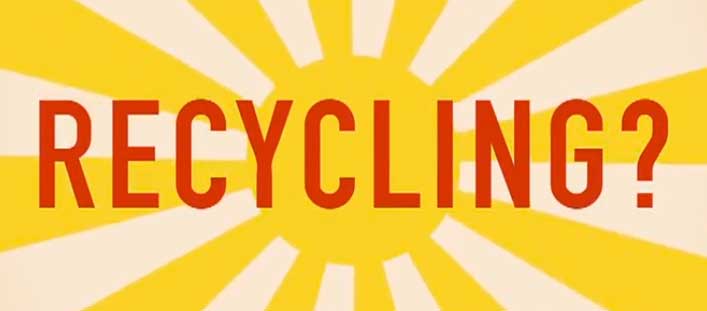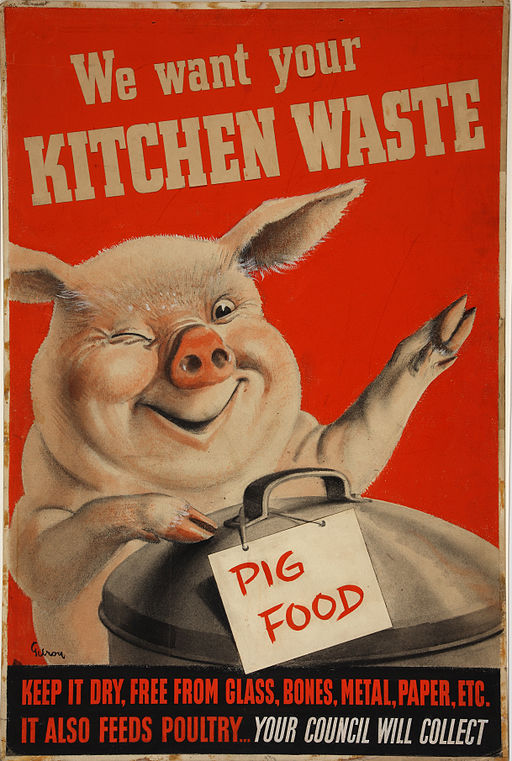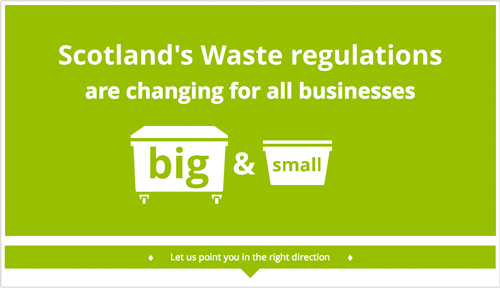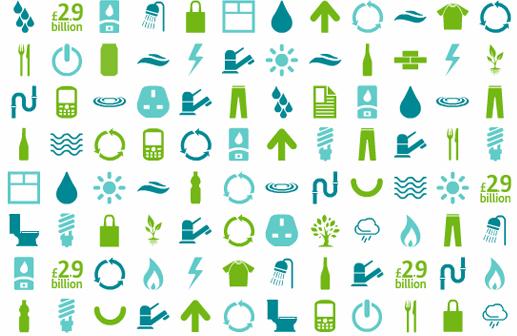Grainne McIntyre, consultant, lives locally and reflects on what might help Dunbar become a Zero Waste Town. This is the fourth of 5 case studies from across the globe

Arguably, Flanders has one of the best recycling and prevention programmes in Europe. The Flemish region is one 6 in Belgium, with a population of 6.2m spread across 308 municipalities. It claims one of the highest waste diversion rates in Europe, with around ¾ of all household waste reused, recycled, or composted.
While each region controls environment policies, waste management is devolved to the municipality. However almost all of them have grouped themselves into associations, and there are 27 inter-municipal waste management associations. There is not a single one size fits all solution. Most of the cities belong to local authority partnerships and run waste services in collaboration, but there are private or public companies, and a few areas operate independently, without an association. Collection systems also vary among associations with a combination of kerbside collections, bring bank schemes, on-street containers, and packaging take-back schemes.
Continue reading “How does Flanders achieve a 73% diversion rate?”
